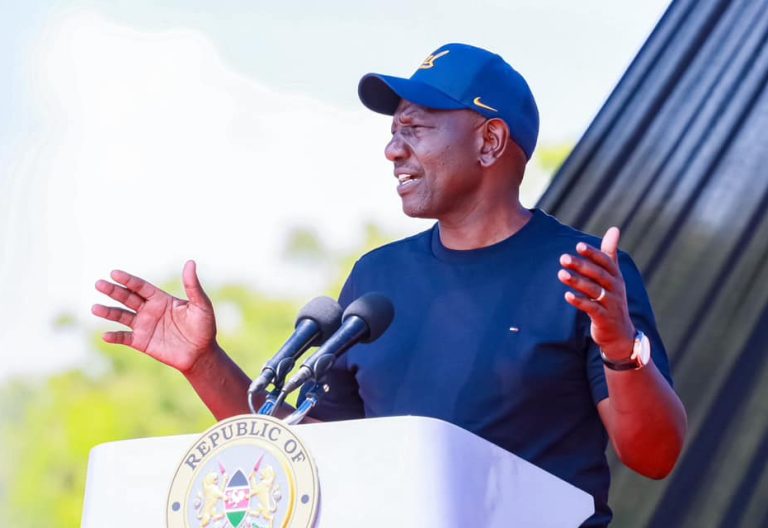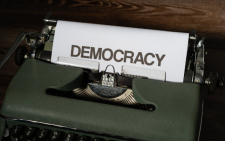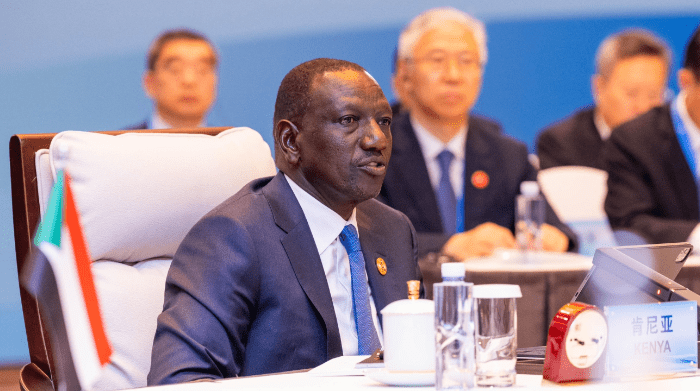Solve issues fuelling protest, it’s the people’s right

Yesterday’s mass protest called by Azimio la Umoja has revived the fundamental universal question regarding the role of the state in enhancing democracy and human rights.
Does the state have the responsibility of doling out the democratic right to protest against injustices to the people and is the state the prefect of the democratisation process?
The answer is no! The right to protest against any form of political subjugation, social or economic exploitation and violation of human rights is the exclusive preserve of the people. It is the people who have the power to direct the course of democracy and it is the people who lend this power to the state to apply it fairly, responsibly and judiciously on their behalf. This is the enduring universal recognition of democracy.
From the ancient times of Greek philosophers of democracy – Plato, Aristotle and Socrates, it has been universally accepted that power belongs to the people, as is their absolute right to protest.
Kenya is no exception to this fundamental right enshrined in the Constitution, the United Nations, the African Union and other international charters. The right to protest is inalienable alongside other rights including freedom of assembly and freedom of expression. When the state abrogates its borrowed role to enhance democracy on behalf of the people, then the people can invoke their democratic right to protest, if their elected representatives up to the top fail to fulfil promises made during election campaigns and in manifestos.
That is why yesterday’s protest must be reflected on how the state has conducted its responsibility to enhance democracy, distribution of resources and public appointments since it came into office after a hotly contested and disputed election.
The actions, and vitriolic statements from the new administration against political opponents with a following in more than half of the communities in the country, have been more divisive than conducive to national cohesion and reconciliation.
The major issue the authorities should be concerned about is whether the reasons offered by the organizers and participants in the protests are genuine or not. Certainly, the main one captures the current national condition.
High cost of living and spiraling economic hardships have affected all Kenyans regardless of how they voted in the last election, which has left the country seismically polarized down the middle. Insecurity and crime are both the product and an aggravation of this situation. Unleashing security agencies on protestors will only add fuel to the fire.
With the prevailing toxic political atmosphere emanating from the last election, the state should be more concerned about how to foster national harmony. Not consolidating the instruments of power to control the democratization process.
That is the sole duty of the people and independent institutions and the three arms of government free from the clutches of state capture. Instead of abrasively exuding state power vested in them by the people volubly expressing anger and disdain against formidable political opponents, it would be statesmanlike to open the door for collective national dialogue.
Kenyans have been peaceful since the disputed election and its legal resolution for which transparency questions still abound and has also found its way into the protest agenda. Kenya’s problem is a political problem that requires a political solution. That is the first step to resolving burning socio-economic issues fueling the protests. Otherwise, we may be jumping from the frying pan into the fire.
—The writer comments on political and human rights issues — [email protected]












